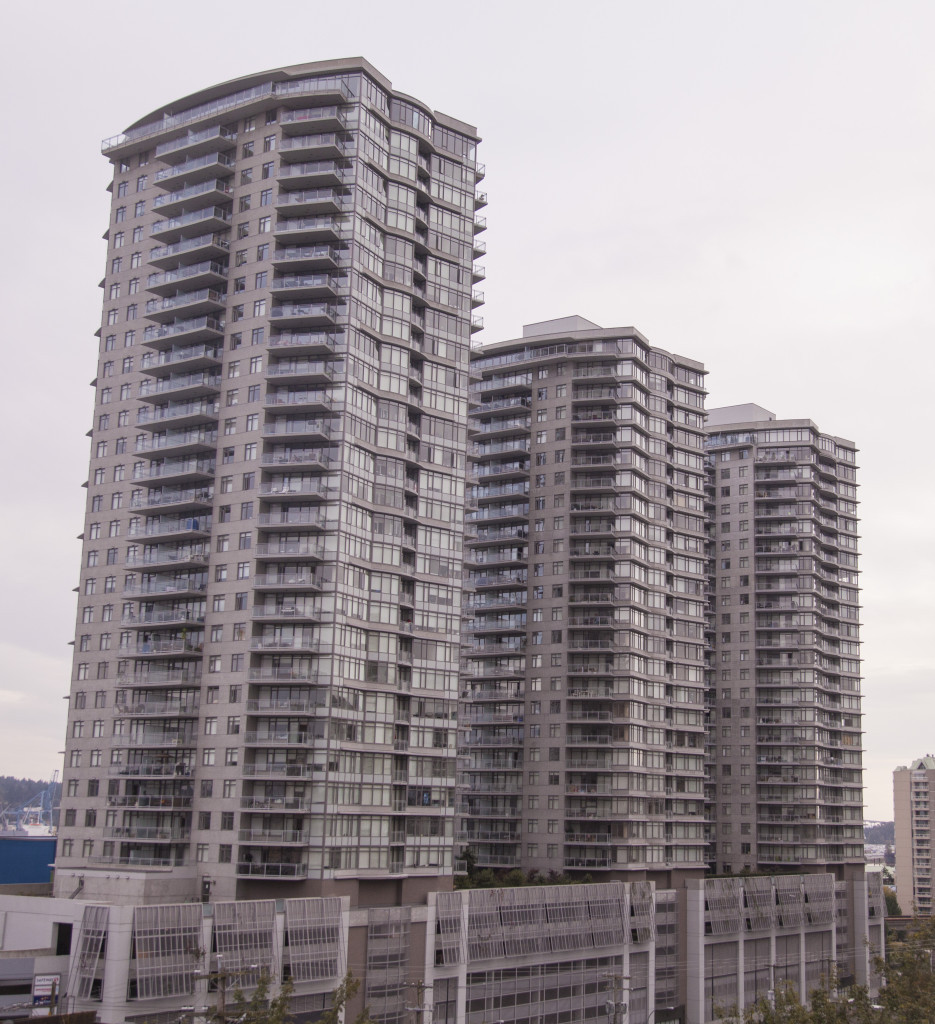The rise of rental prices in the Greater Vancouver housing market
By Caitlin Van Den Brink, Contributor
In the 21st century, almost everything we do has an online component, from booking vacations to buying course books. These online sources are the fastest tools to compare prices and determine what is or isn’t a reasonable amount to pay. From Amazon to eBay, Kijiji to Craigslist, anyone can know in a matter of minutes if an offered price is comparable.
Which brings me to the housing rental market here in Vancouver.
Looking at Craigslist’s housing rentals section, it’s really no surprise to see hundreds of new listings every day—and many of these properties being offered, while comparable to other rentals in the area, are simply ridiculous. In a desirable location, it’s not uncommon to see a one-bedroom suite going for $1,000 a month or more.
Greater Vancouver’s rental market—not just its housing market—is slowly spiraling out of control, and it’s more than just students who will have to face the price.
My house, your money
I’d like to tell you a story about my friend, “Clarice.” She’s a student at UBC, works a part-time job to try and pay for everything, and rents a place in Vancouver for the relatively reasonable price of about $600 a month. Instead of having her own suite though, she has one bedroom in a house that she shares with five other women.
Her landlords, meanwhile, live down the road in the house they just bought. And the over $3,000 a month they collect in rent? You can bet that part of it is going towards the mortgage on their new house.
It’s clear that Clarice and her housemates are essentially being used as cash cows; they’re paying for all the costs of the current house they live in, as well as the mortgage for their landlords’ new house. This isn’t a rare occurrence either.
Older houses are being renovated to incorporate basement or ground floor suites, while developers now give buyers the option to have a one-or-two-bedroom suite built into the buyer’s new house. Laneway houses—little, detached houses being constructed in the backyards of older homes—are popping up like dandelions in spring.
At the extreme level, you have entire companies dedicated to managing both residential buildings, such as apartment and condominium complexes, as well as the multiple suites that wealthy owners buy and then offer as rentals.
The effect of this can be found in the Metro Vancouver 2006 Census, which measured the median incomes and housing costs of both renters and homeowners. At the time the census was taken, the median cost to rent in Greater Vancouver was $893 a month. Meanwhile, the median cost associated with owning a house stacked up to $1,241 each month.
Renting out a basement is no longer a way to make some money on the side; it’s become an industry—and this industry is booming.
Do you want fries with that?
We’ve all been there—working at a coffee shop, fast food joint, or a grocery store, dealing with stuck-up customers, just so that we can make minimum wage. These unskilled jobs don’t pay particularly well, but there’s nothing wrong with a teenager flipping burgers for $10 an hour so that he can afford that new car/TV/XBox/iPhone, right?
Vancouver, however, is a notoriously difficult city in which to find a well-paying position. As a result, a number of people—mostly immigrants and inexperienced workers, such as new graduates or young adults—end up being unable to find a job that will pay much more than minimum wage. With no other options, many people who fit these demographics find themselves in one of these low-income jobs.
These burger-flipping jobs might be better than nothing, but this is still a major problem when the 2012 living wage for Metro Vancouver has risen to $19.14 per hour—far more than the $10.25 minimum wage we have now.
Even beginning wages in a number of career paths don’t cover this mighty hourly wage of $19.14. According to BC Stats, in 2009, the starting wages for plumbers, electricians, and mechanics all averaged between $16 and $18 per hour. Chefs, early childhood educators, farmers, and janitors also reported a starting wage considerably lower than the living wage.
And all of these jobs, whether they’re cashiers, servers, or the people who clean our work places, are extremely important.
The problem only gets worse. Young families are leaving BC for other provinces, and they’re doing it at a shocking rate. BC Stats reported that more than 2,500 British Columbians left the province in the first quarter of this year, settling elsewhere in the country. The common consensus? They’re looking for higher paying jobs and lower housing prices.
What a surprise.
The doughnut effect isn’t nearly as sweet as it sounds
The doughnut effect, unfortunately, has nothing to do with doughnuts. This happens when the population within a major city either increases much slower than the surrounding suburbs or when it starts decreasing altogether.
And when you start to think about the costs of housing in Vancouver, things start to make sense.
After all, in 2009, the Canadian Mortgage and Housing Corporation reported that the average cost to rent a one-bedroom apartment in Vancouver was nearly $1,000 a month. Revenue Canada, meanwhile, reported that before-tax income for the average person living in Vancouver in 2009 was about $42,000 a year, or an after-tax income of about $35,600.
What this means is, based on the premise that a person should only pay about a third of their after-tax income on housing, the average Vancouverite can’t actually afford to live in Vancouver.
As a direct result of this, many people commute to their downtown jobs every day from cities where rent is lower. All this high volume traffic causes wear on major roadways, releases pollutants into the air, and generally lowers the quality of life, including the quality of life of the well-off people who own many of these rental properties and control the costs attached to them.
In the long run, it’s not inconceivable to imagine that Vancouver will see this doughnut effect happening in the near future, if it’s not already starting to take place. The result would be a weakened local economy (which doesn’t help with the problem of low paying jobs) and a slow increase in both rental costs and the population in the surrounding suburbs. This, in turn, will cause people to gradually move even further away from their workplaces.
Think I’m being an alarmist? It’s already slowly taking place in several U.S. cities, including St. Louis and Detroit.
Cities within the Lower Mainland and the province need to form tighter restrictions on the renting market, so that Vancouver and its surrounding areas can again be livable. While the solution to the housing issue is obviously not simple, perhaps bylaws could be used to control a number of properties a person may own. After all, does one person really need to have three houses or five condos? Or maybe similar laws could be set in place to stop owners from renting out their properties for more than a certain percentage of the rental space’s value per month, or for charging more than a certain dollar amount for square foot?
In any case, the issue of skyrocketing housing rental costs needs to be fixed somehow—because I’m not sure how much longer Vancouver can house the problem of unaffordable living.



